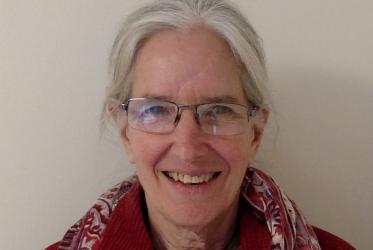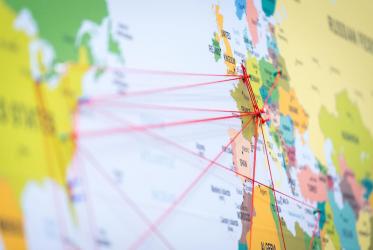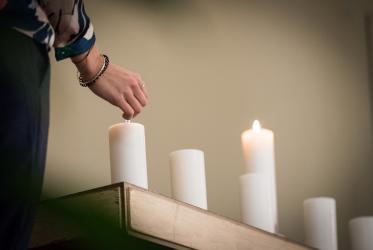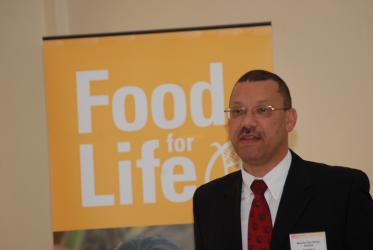Displaying 61 - 80 of 154
Two new podcasts explore intersection between racism and COVID-19
04 December 2020
WCC commemorates life of Constance Elizabeth Gates
29 October 2020
Applications open for WCC Eco-School
22 October 2020
Healing Together
A Facilitator’s Resource for Ecumenical Faith and Community-Based Counselling
15 October 2020
Churches should use their voice on climate change
26 February 2020










